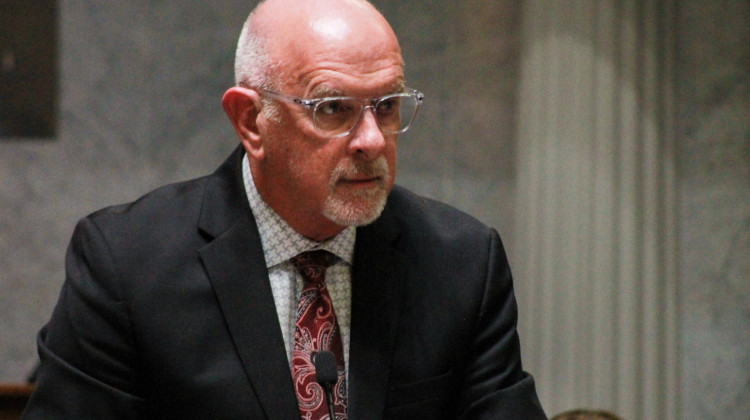A north-central Indiana city has drafted a plan for cleaning up contaminated soils that halted an expansion of the city’s sewage treatment plant when they were discovered last year.
Kokomo officials recently submitted their proposed cleanup plan to the Indiana Department of Environmental Management spelling out how they will address the toxic soils found on land at the city's wastewater treatment plant.
Tests revealed that soils on that land contain arsenic, lead, mercury and polychlorinated biphenyls, or PCBs, at levels that exceeded the limits set by IDEM, the Kokomo Tribune reported.
That discovery led the city to immediately halt construction on a major sewer project that involves building a new wastewater line to the facility.
The cleanup plan calls for all areas contaminated by PCBs to be excavated and the soil removed to a dumpsite approved for hazardous waste. The excavated area would then be backfilled with clean soil.
Studies have linked PCBs to increased long-term risk of cancer, immune and reproductive system impairment and learning problems.
City officials also detailed plans to ensure no PCBs become airborne during the cleanup to safeguard nearby residential and commercial areas of Kokomo, about 60 miles (96.6 kilometers) north of Indianapolis.
The PCBs date from when the area housed Continental Steel Corp., which produced nails and wires from 1914 to 1986 on a 183-acre site, Kokomo Mayor Tyler Moore has said.
 DONATE
DONATE







 Support WFYI. We can't do it without you.
Support WFYI. We can't do it without you.